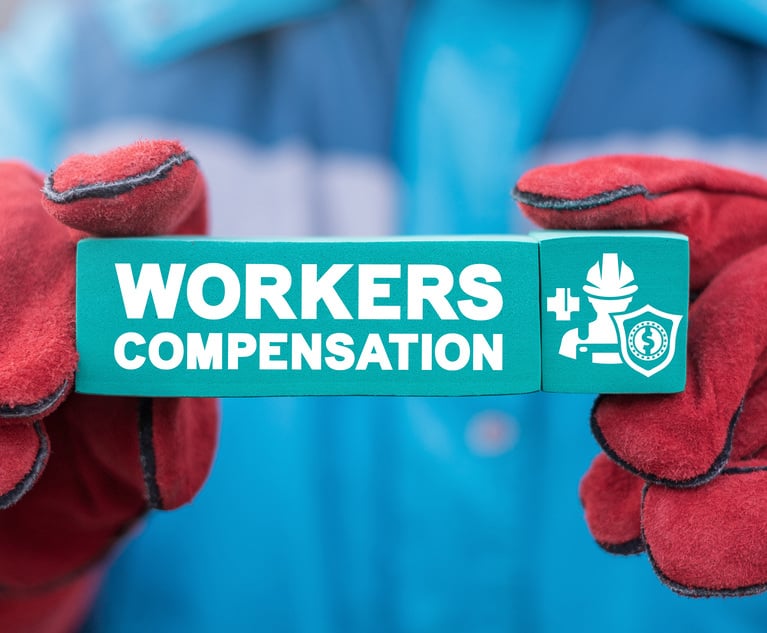NU Online News Service, Dec. 1, 3:21 p.m. EST
|Stock share buy-backs are a well accepted practice for improvingshareholder value, but investors and insurers may not benefit inthe property and casualty insurance industry, according to ananalyst's note.
|In a commentary on the p&c industry titled "[Excess CapitalConundrum] A Brief Homily Against Share Repurchases," Deutsche BankSecurities Inc.'s Joshua Shanker wrote this week that the industrywas spared the credit disruptions other financial servicescompanies experienced during the 2008-2009 credit crisis.
|As a result, Mr. Shanker said there is now a "perceived excessequity" that is being used to return "a significant amount ofcapital."
|He said, "While investors applaud the initiative, we questionthe wisdom of buying back stock in a period of low earningsvisibility in an industry that typically recapitalizes itself atits bottom."
|Mr. Shanker said that typically the practice of repurchasingshares makes sense when shares are valued on a price-to-earningsbasis. The p&c insurance industry prices its stocks onprice-to-book basis. He said the price-to-earnings basis repurchase"concentrates an investor population who can enjoy increasedproportional ownership in future earnings."
|For the p&c industry, he said, earnings are likely "headeddownward, perhaps to zero."
|Today, many p&c insurers are trading below book value andrepurchases "have proven to be modestly accretive to stated bookvalue," pushing back on the analyst's skepticism. However, hisresearch suggests that aggressive buy-back practice is notimproving the value of stocks for p&c companies, Mr. Shankersaid, but there is a risk that stock prices could fall if thebuy-backs cease.
|He said there is a "high probability that many companies aremisstating their reserve positions and that p&c insurers shouldbe valued as a multiple of tangible book value of equity per share(BVPS) excluding accumulated other comprehensive income,particularly bond gains, which he called "the most conservativeapproach available to us."
|He noted that insurers' downside risk for investors is naturaldisasters, such as hurricanes and earthquakes, "as well asprolonged earnings erosion from risking loss and inflationtrades."
|On the upside for insurers, if bonds continue to rally, thatwill cause BVPS to inflate "even if those gains are neverrealized."
Want to continue reading?
Become a Free PropertyCasualty360 Digital Reader
Your access to unlimited PropertyCasualty360 content isn’t changing.
Once you are an ALM digital member, you’ll receive:
- All PropertyCasualty360.com news coverage, best practices, and in-depth analysis.
- Educational webcasts, resources from industry leaders, and informative newsletters.
- Other award-winning websites including BenefitsPRO.com and ThinkAdvisor.com.
Already have an account? Sign In
© 2024 ALM Global, LLC, All Rights Reserved. Request academic re-use from www.copyright.com. All other uses, submit a request to [email protected]. For more information visit Asset & Logo Licensing.








